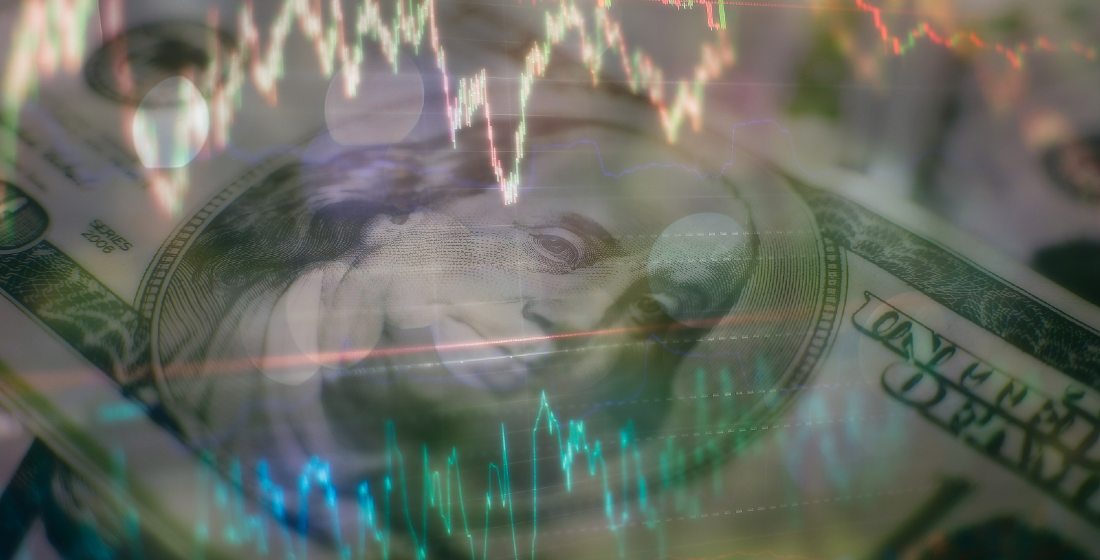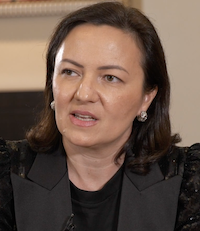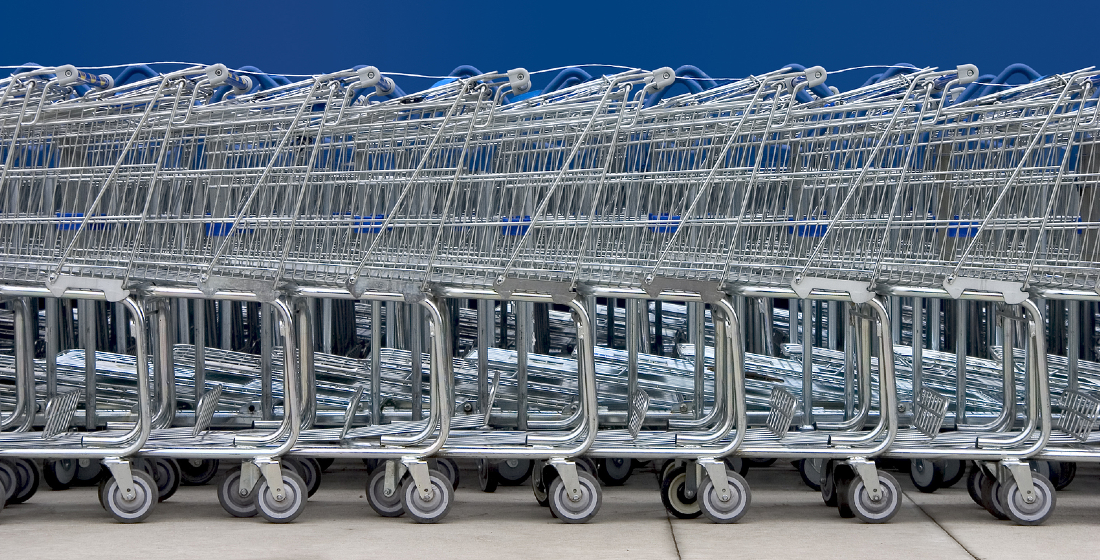Shop talk: Maxwer, an alternative to commodity bank funding
With financial institutions increasingly stepping back from trade finance, in particular supporting commodity SMEs, TXF spoke to Lilia Wernli, CEO and Partner at Maxwer Group, to outline how alternative commodity financing solutions are helping to plug trade’s $2.5 trillion funding gap.

TXF: How can alternative funding ease commodity trading, especially during the fallout of 2020?
 Lilia Wernli (LW): More and more financial institutions are stepping out of trade finance as a result of environmental and compliance issues.
Lilia Wernli (LW): More and more financial institutions are stepping out of trade finance as a result of environmental and compliance issues.
Some banks completely seized this type of services, other banks are being more and more demanding in terms of compliance processes and put barriers for small and middle-sized commodity players in terms of their entry capital for trade financing.
Traders and producers are in need of financing because of market price increase, for instance when chocolate bean price increases, chocolate producer might be in lack of liquidity to purchase regular quantity in order to maintain a stable production. Therefore, commodity SMEs cannot comply with severe requirements from the banks in order to continue their business. This is where alternative financing facilitates and gives new development opportunities to commodity trading.
TXF: What are the difficulties for a small commodity market player to get trade financing?
LW: Requirements from financial institutions are getting more severe and small producers cannot comply with them. Banks are not interested in supporting commodity SMEs any longer. First of all, in order to receive access to trade financing by financial institutions, the size of the company matters, it is a big barrier for small market players. Moreover, trade financing is based on the criteria of environmental opportunities factor, which means already established low emission systems, renewable energy and technology. However, small commodity market player need financing in order to develop them. The transition towards ESG can be very expensive especially in developing countries. Consequently, trade finance by financial institutions is also a subject of country risks. For instance, small production plants in Bangladesh will have a very hard time getting financing in order to received money for trade financing, in order to make their ESG transition happen.
TXF: What is the difference between your company and a bank?
LW: Maxwer Group AG acts as a commodity platform between investors and commodity players who cannot get financing from the banks.
We do not compete with banks; we provide financing opportunities for commodity market players those banks cannot provide anymore.
Maxwer has a different approach. First of all, we do not eliminate small and middle-sized companies and make an evaluation on deal-by-deal basis. What is important for us is that the operational and payment risks are fully covered. We do help companies to structure deals in such a way that it makes them workable for all the parties involved. We are very much customer-oriented so to say.
Secondly, we take a very thorough look at the commodities to be financed and analyze each product from the ESG compliance point of view. For example, in case of coal we differentiate between steam coal, which goes for energy production, and coking coal for the steel production. Detailed analysis of the products allows us to have a diversified approach in taking the decision on trade financing.
Last but not the least, having a solid trading background, we are flexible and innovative in structuring the deals thus making them workable for the market players, on the one hand, and at the same time very safe for the investors, on the other hand.
TXF: How is Maxwer following ESG compliance while financing commodities?
LW: Our company is committed to apply social well-being and sustainability into our day-to-day and our sustainable portfolios are based on the concept of impact investing. ESG factors are integrated into our decision-making process to target sustainable investment objectives. We have a list of criteria and metrics for commodity companies with whom we select to work :
- Transparency — commitment of companies to alignment with internationally disclosure standards and recognized reporting
- Business Integrity — conduction to a high level of compliance and integrity
- Human Rights — business operations shall respect human rights. Regular and appropriate actions are to be taken to assess, prevent and evaluate potential adverse impact on human rights in compliant way with international instruments on human rights
- Labour Rights — Upholding teh rights of workers and ensuring dignified working conditions in line with ILO (International Labour Organization)
- Occupation Health and Safety (OHS) — safe and healthy working conditions are provided for all workers, employees, and contractors
- Communities and Stakeholders — Engagement with potentially affected stakeholder’s and contribution to the long term environmental, social, cultural, economic, and institutional development of the communities in which hey operate
- Greenhouse Gas Emission — installed system to measure, minimize and avoid greenhouse gas emission at all stages of the mine lifecycle.
- Biodiversity and Land Use — protection of areas and land which are under business impact and application of mitigation hierarchy
- The change is in our hands. In order to achieve a better change for our planet Maxwer Group AG rethinks the business and investment approach. Our funds are directed to companies which share our values and mission
We are also closely cooperating with SGS for the ESG Due Diligence and Sustainability issues.
TXF: How difficult is it for small commodity trading entities to be ESG compliant?
LW: It is much easier than for the big commodity producers and consumers whose operations are much bigger, involve more people in different countries and are connected with production technologies and actual CO2 emissions.
What is important for a trading company, in our opinion, is to run the ESG compliance check list of the supply chain and choosing ESG compliant partners for supply and sale.
Unfortunately, when small trading companies cannot obtain credit lines from the banks, it has nothing to do if they are ESG compliant or not. It all has to do with their size.
TXF: Can an entity still be ESG compliant and finance raw materials such as coal?
LW: Let us put it this way, not all coal is black. And it’s a paradox but we cannot become green without coal. Almost all renewable sources of energy depend on steel which is produced from iron ore and coking coal.
For solar energy, steel is the crucial element that goes into the base of the solar thermal panels, pumps, and tanks. For wind, the high-rise wind turbines we see are entirely dependent on steel. Almost every component that goes into these turbines is made of steel – from the foundation to the rotating wings.
Likewise, steel piles are the significant components of tidal turbine energy. Steel is utilized in the wave energy device so that the attributes of steel can withstand the challenges the marine environment faces. And for hydropower, industrial strength to the concrete dams used to generate hydroelectricity comes from steel.
During the transition period to the green energy era, when it is clear to everyone that we cannot stop coal use as of immediate (otherwise we simply do not have enough energy!), it is important to have a very pragmatic approach.
If we still have to use fossil fuels to survive, we should do it the best possible way by supporting ESG complaint market players.





